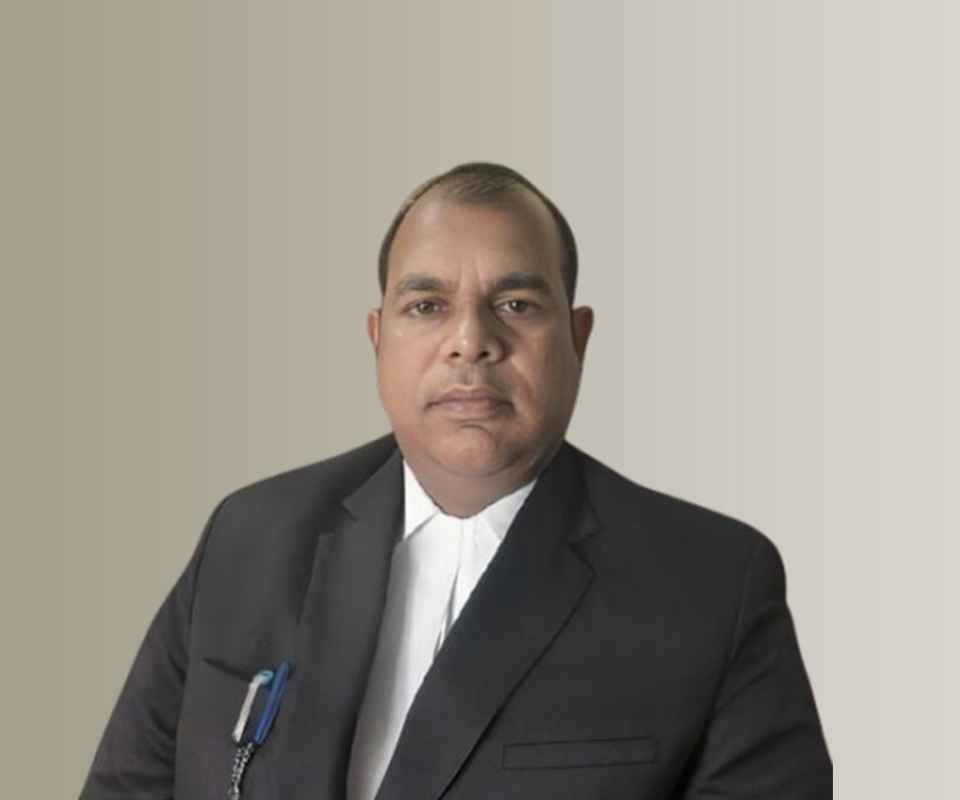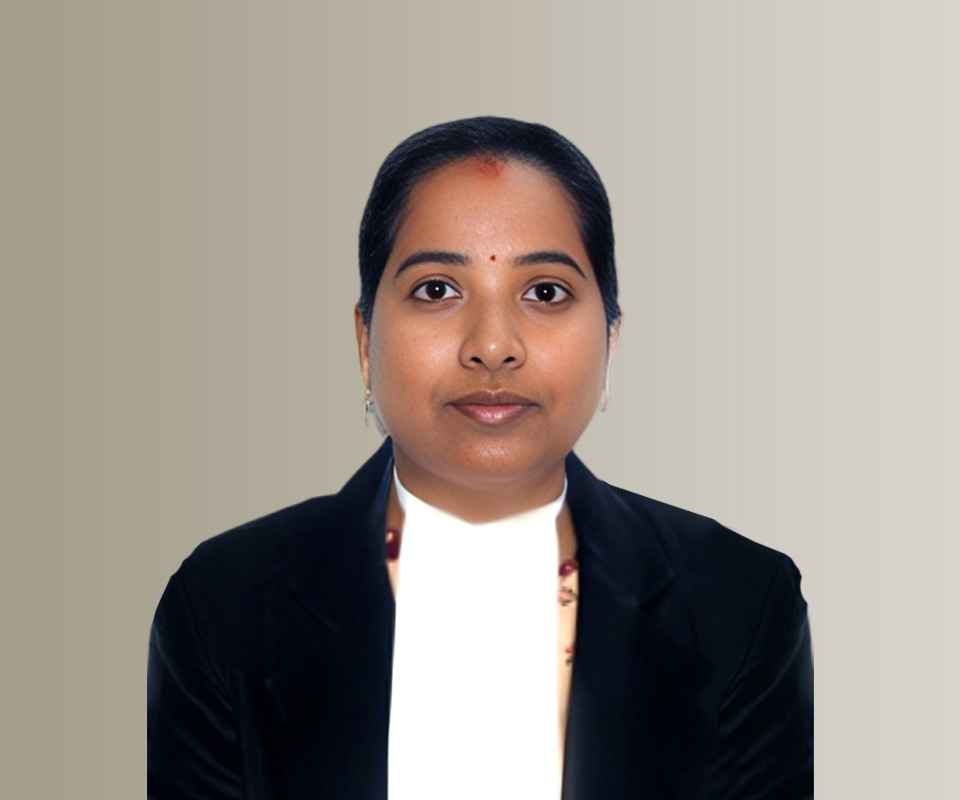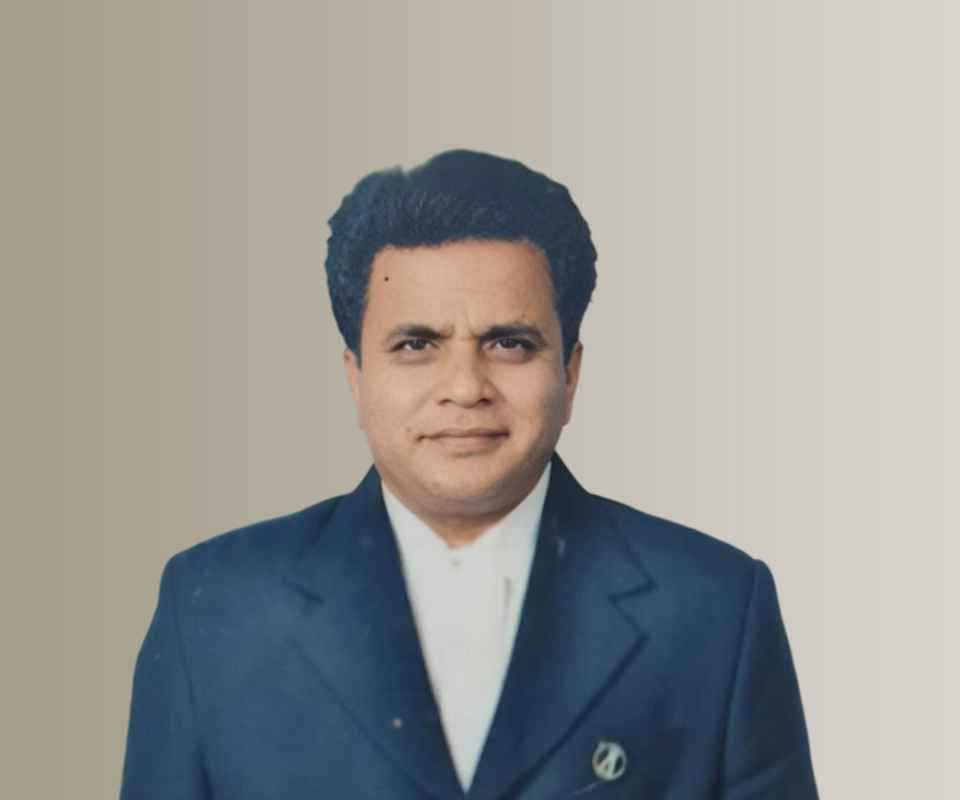Answer By law4u team
In India, patients have the right to seek legal recourse if they believe they have been harmed due to a doctor’s wrong diagnosis. Medical professionals are expected to exercise a certain standard of care while diagnosing and treating patients. If a wrong diagnosis leads to harm, the patient can potentially sue the doctor for medical negligence or malpractice under Indian law.
Grounds for Suing a Doctor for Wrong Diagnosis:
Medical Negligence:
If a doctor makes a wrong diagnosis due to carelessness, lack of expertise, or failure to follow standard medical practices, it may be considered medical negligence. To sue a doctor for medical negligence, the patient must prove that the doctor failed to provide the expected standard of care and that this failure directly caused harm or injury.
Breach of Duty:
Doctors have a duty of care towards their patients, which means they are required to provide competent and appropriate medical advice and treatment. If the doctor’s actions (such as incorrect diagnosis, missing critical symptoms, or prescribing incorrect treatment) breach this duty, the patient may have grounds for a lawsuit.
Causation and Harm:
In a case of wrong diagnosis, the patient must prove that the incorrect diagnosis directly caused harm or worsened their condition. For instance, if the wrong diagnosis delayed appropriate treatment, leading to a worsening health condition, this could form the basis of a claim.
Informed Consent:
If a doctor fails to provide the patient with adequate information about their condition or treatment options, and the patient suffers harm as a result, it could be considered a breach of informed consent. The patient may have the right to sue the doctor for not properly informing them before making decisions about their medical care.
Legal Procedure for Suing a Doctor in India:
Filing a Complaint with Consumer Forum:
In India, medical negligence cases are often filed under consumer protection laws, where the doctor is considered a service provider and the patient is a consumer. A complaint can be filed with the District Consumer Disputes Redressal Forum (DCDRF), State Consumer Disputes Redressal Commission (SCDRC), or National Consumer Disputes Redressal Commission (NCDRC). The forum will examine the case and decide on compensation or redress.
Filing a Civil Suit:
Alternatively, a civil suit can be filed in a court of law if the patient believes that the harm caused by the wrong diagnosis is substantial and requires significant compensation. This could involve medical costs, pain and suffering, or long-term damages caused by the doctor’s negligence.
Expert Medical Opinion:
To succeed in a medical negligence case, the patient will typically need to present expert medical testimony, demonstrating that the doctor’s diagnosis was incorrect or substandard. Expert testimony from another qualified medical professional may be used to support the claim that the doctor failed to meet the standard of care.
Criminal Case:
In cases of extreme negligence where the doctor’s actions lead to serious harm or death, a criminal case may also be initiated. The patient or their family can file a police report, and the doctor may face charges under Sections 304A (causing death by negligence) or 337 (causing hurt by an act endangering life or personal safety) of the Indian Penal Code (IPC).
Compensation in Medical Negligence Cases:
Monetary Compensation:
If the court finds the doctor guilty of medical negligence, the patient may be entitled to compensation for medical expenses, lost wages, pain and suffering, and loss of quality of life. The amount of compensation depends on the severity of the harm caused by the wrong diagnosis.
Punitive Damages:
In some cases, the court may impose punitive damages to punish the doctor for gross negligence and to deter similar conduct in the future. This is more likely if the doctor’s actions were reckless or demonstrated a disregard for patient safety.
Example:
A woman consults a doctor for abdominal pain, and the doctor diagnoses her with gastritis. However, after several months, the symptoms worsen, and she is diagnosed with ovarian cancer by another doctor. The woman files a complaint against the first doctor for medical negligence, claiming that the wrong diagnosis delayed her cancer treatment and caused her harm. The case is taken to the District Consumer Forum, where expert medical testimony supports her claim, and she is awarded compensation for medical expenses, pain and suffering, and emotional distress.







